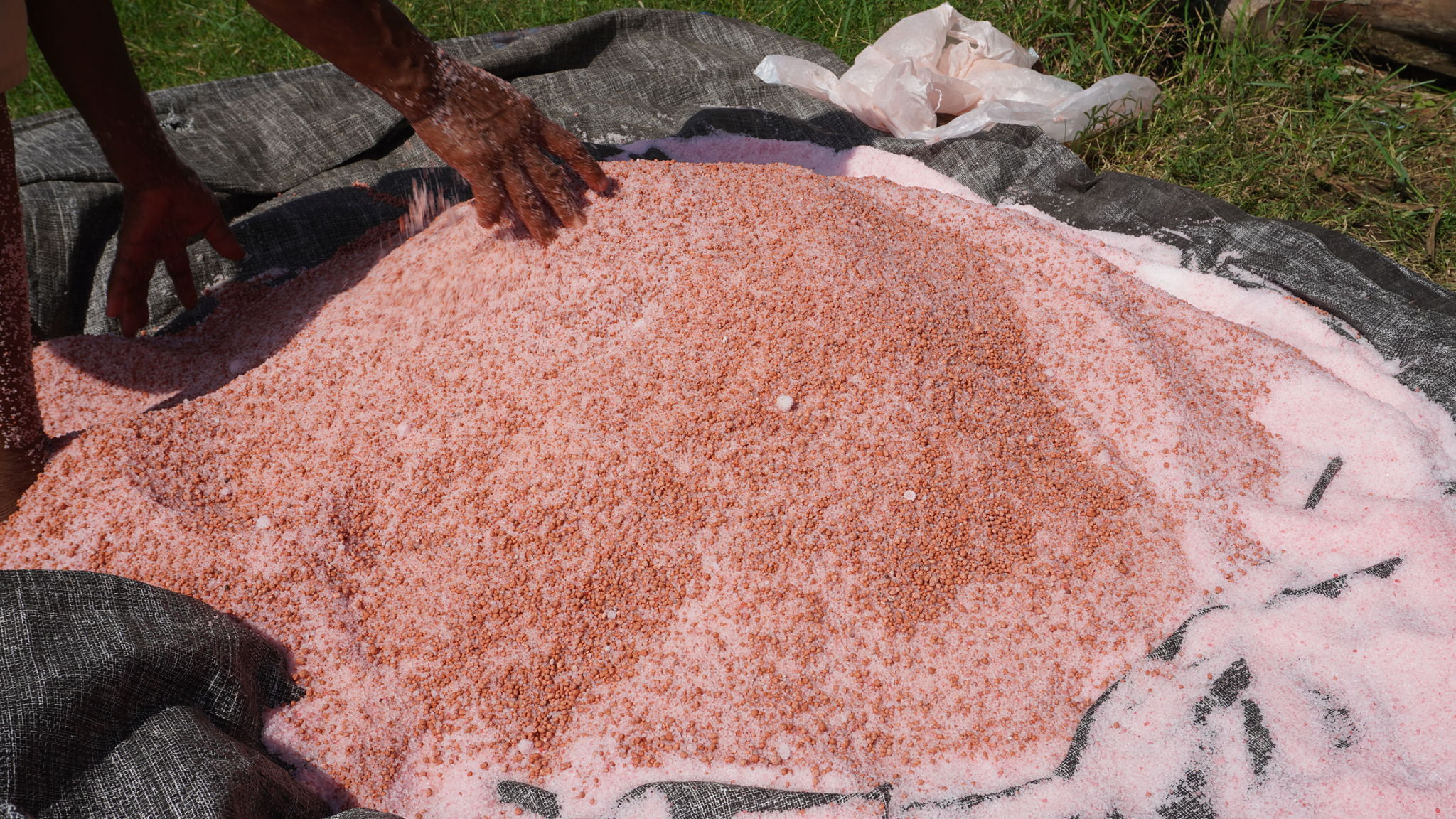Understanding the Global Supply Chain of Bulk Fertilizer Products
Introduction to Global Supply Chain of Bulk Fertilizer Products
The global supply chain for bulk fertilizer products is a complex network involving multiple stakeholders and processes. Understanding this intricate system is essential for businesses and farmers to ensure a steady supply of these vital agricultural inputs. As the demand for food continues to grow, the efficiency and reliability of fertilizer supply chains become increasingly important.
From raw material extraction to distribution, every step in the supply chain plays a critical role in delivering fertilizers to the end-users. Various factors, such as geopolitical issues, environmental regulations, and technological advancements, significantly impact this supply chain.

Key Players in the Fertilizer Supply Chain
The supply chain for bulk fertilizers involves several key players, each contributing to the overall process. These include:
- Raw Material Suppliers: They provide essential components like phosphate, nitrogen, and potash, which are crucial for fertilizer production.
- Manufacturers: These entities transform raw materials into various forms of fertilizers suitable for different agricultural needs.
- Distributors and Retailers: They ensure the availability of fertilizers in local markets, bridging the gap between manufacturers and farmers.
Each of these players must work in harmony to maintain a seamless flow of products from production to consumption.
Challenges in the Fertilizer Supply Chain
The global supply chain faces numerous challenges that can disrupt the smooth flow of fertilizers. Some of these challenges include:
- Geopolitical Tensions: Political instability in key producing regions can lead to supply disruptions and price volatility.
- Environmental Regulations: Stricter environmental laws can impact production processes and increase costs.
- Logistical Issues: Transportation bottlenecks and infrastructural inadequacies can delay deliveries and affect product availability.

Technological Innovations in Supply Chain Management
Advancements in technology are playing a pivotal role in enhancing the efficiency of fertilizer supply chains. Technologies like blockchain, IoT, and AI are being leveraged to improve traceability, optimize logistics, and predict demand more accurately.
Blockchain technology, for instance, provides a transparent and secure way to track the movement of fertilizers from manufacturers to end-users, ensuring product authenticity and reducing fraud. Meanwhile, IoT devices enable real-time monitoring of storage conditions, ensuring that fertilizers maintain their quality during transit.
The Impact of Global Events on Fertilizer Supply Chains
Global events such as pandemics, natural disasters, or economic downturns can have profound effects on fertilizer supply chains. These events often lead to disruptions in production and distribution networks, causing shortages and price increases.

During such times, it becomes crucial for stakeholders to have robust contingency plans in place to mitigate risks and ensure a continuous supply of fertilizers to farmers. Collaboration among international organizations, governments, and private sector players is key to building resilient supply chains capable of withstanding unforeseen challenges.
Conclusion
The global supply chain for bulk fertilizer products is a vital component of modern agriculture. A deep understanding of its complexities can help stakeholders make informed decisions and anticipate potential disruptions. By embracing technological innovations and fostering international cooperation, the industry can enhance its resilience and continue to support agricultural productivity worldwide.
